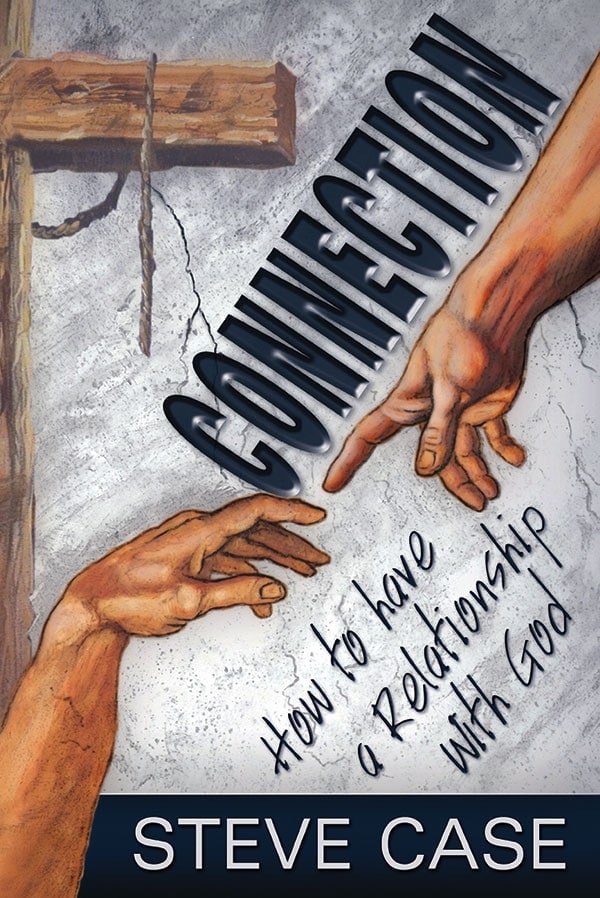
Most large cities in North America have neighborhoods in which poverty rests like pollen on streets, cars, and buildings, and occupies multiple blocks. These are neighborhoods where shops, cafés, schools, and churches once thrived. But then the closing of a factory or other businesses left behind people too elderly or too trapped by poverty to relocate elsewhere.
In Chicago’s South Side, one of those neighborhoods is Englewood, the type of neighborhood from which people try to escape. Some succeed, but many do not. It was to this neighborhood, Englewood, that Jonathan Brooks (“Pastah J”) came to serve the Canaan Community Church as pastor.
Church Forsaken is part memoir, part playbook, part prophetic pronouncement for anyone who has wondered whether communities such as Englewood can be touched with practical Christianity.
The book opens with the author sitting on his porch one evening in July when his reading is interrupted by the sound of gunfire. He learns later than a young man was killed in the alley behind his house.
Thinking of his wife and their two small children in the house, he reflects on questions others have asked: Why don’t you move? Why don’t you go somewhere else? Why are you here?
Brooks uses Jeremiah’s prophecy about the Babylonian Exile (Jer. 29:4-11) as the reason he chooses to stay and try to make a difference. He expertly translates these verses into seven practices for making a difference where we live.
Brooks has a Master of Divinity and Christian Community Development degree from Northern Seminary, and could live in any number of communities. But rather than writing off this community and the people who live there, Brooks and his congregation take up the challenge of translating Christian principles into practice and making Englewood a better place for its citizens.
The tagline of Canaan Community Church is: “The church where love makes a difference.” Brooks quickly points out that “love is not a word to be tossed around trivially.” His book is much more than a collection of feel-good success stories. The situations he describes are as gritty, real, and uncompromising as one might expect from living in a community infected with poverty, crime, and addiction.
But also marvelously obvious throughout the book is the power of the gospel to transform lives and confront stubborn social problems. The book chronicles Canaan’s attempts to support arts, athletics, commerce, and education in an area all but written off by many of society’s other institutions. The author invites readers to see the neighborhoods where we live as God does: with unlimited potential, not intractable problems.

It’s been 10 years since Connection was first published. So when you’re looking to buy this book, look for a small banner on the lower right corner of the cover that says “Connection, Tenth Anniversary Edition.” It represents the author’s latest effort to help youth and young adults connect with Jesus, using the outline of Ellen White’s classic book about discipleship, Steps to Christ.
This is not a paraphrase. As the author points out in the preface: “I took its structure and then rewrote it as if I were sharing it in a one-on-one conversation. . . . My own background, experiences, and training got mixed in as well.” So the chapters resemble Steps to Christ only in terms of the broad subjects. While the concepts were first articulated by Ellen White, the words belong to the author. Even the chapter titles are different (although it isn’t difficult to see that “You Need Help” is the same as “The Sinner’s Need of Christ” and “Proof” is related to “Faith and Acceptance”).
Steve Case is president of Involve Youth, a supportive ministry of the Seventh-day Adventist Church; he is also an adjunct professor at the Seventh-day Adventist Theological Seminary at Andrews University. Connection is a fine stand alone, presented by a youth ministry professional whose doctoral degree in religious education has been augmented by decades of practical youth ministry.
One of the book’s great strengths is its practicality. Each chapter is divided into several self-contained two-page subsections in which the author takes a simple concept, identifies a spiritual principle, and applies it to contemporary spiritual life. Thought questions, and a blank space to write down reflections, make them extremely practical. This is a book one might keep for years to review written comments and track spiritual growth. It is also an excellent resource for small group Bible study, and not just for youth. Mature Christians will also find thoughtful, challenging concepts about living the life of faith.
Steps to Christ first appeared in 1892, published by the Fleming H. Revell Company. Its broad appeal during nearly 130 years, in more than 150 languages, testifies to its usefulness in helping people choose Christ and become His disciples. In this volume Steve Case is doing something laudable: helping to introduce youth and young adults to a Savior who will encourage and nurture them as they navigate the path of salvation.